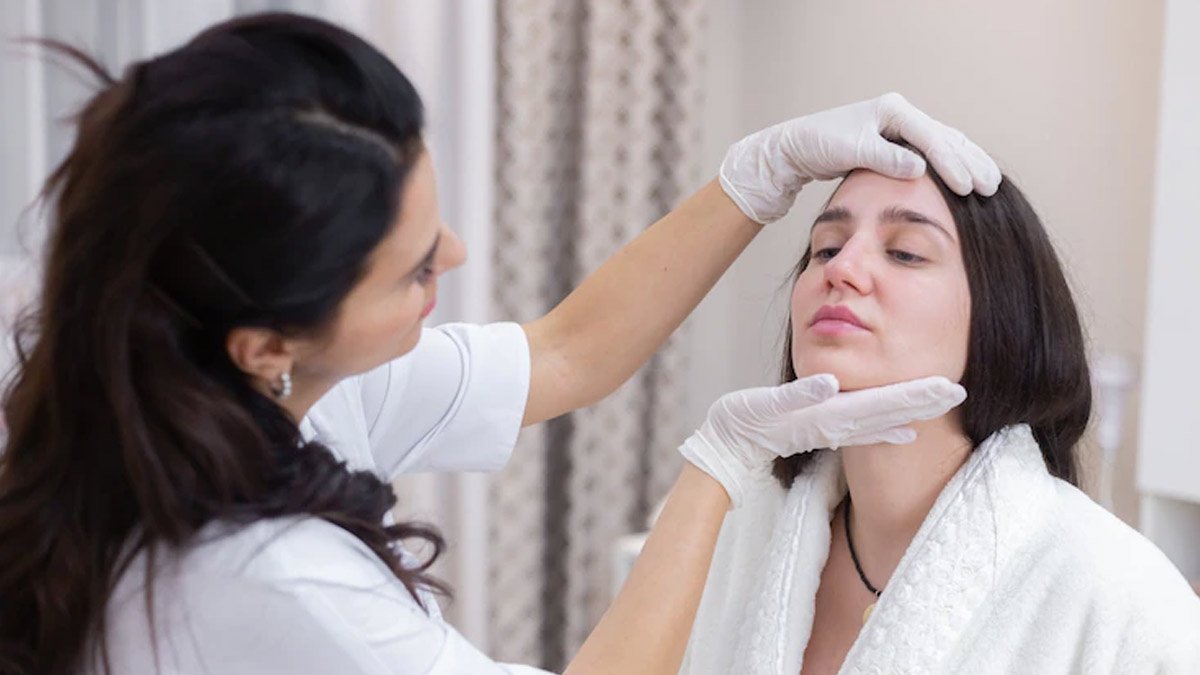How to Tell if You Have Psoriasis: Signs and Symptoms?
Psoriasis is a chronic skin condition that can significantly impact one's quality of life. For beauty professionals and aesthetic experts, understanding the signs and symptoms of this condition is critical. In this article, we will delve into how to tell if you have psoriasis, focusing on its symptoms, diagnosis, and treatment options.
As a beautician, you are often the first point of contact for clients who may be suffering from various skin issues. Recognizing the warning signs of psoriasis can help you provide valuable advice to your clients, leading to better care and management of their condition.

What is Psoriasis?
Psoriasis is an autoimmune condition that causes the rapid buildup of skin cells, leading to scaling on the skin's surface. The skin cells often form thick, red patches with silvery scales. While psoriasis can occur anywhere on the body, it is commonly found on the elbows, knees, scalp, and lower back.
Common Symptoms of Psoriasis
Understanding the symptoms of psoriasis is crucial for early detection and treatment. Here are some typical signs to look for:
- Red patches of skin: These are often covered with thick, silvery scales.
- Dry, cracked skin: This skin may bleed in severe cases.
- Itching and burning: These sensations can accompany the red patches, causing discomfort.
- Thickened nails: This occurs when psoriasis affects the nails, leading to pitting or separation from the nail bed.
- Swollen and stiff joints: This is a sign of psoriatic arthritis, which can occur in conjunction with psoriasis.
How Does Psoriasis Impact Beauty Treatments?
For beauticians, understanding how psoriasis affects beauty treatments is essential. Many of your clients may shy away from certain treatments due to their condition. Heres what you should keep in mind:
- Skin Sensitivity: Clients with psoriasis may have sensitive skin that easily reacts to beauty products.
- Product Selection: It's crucial to recommend hypoallergenic and fragrance-free products.
- Avoiding Irritation: Certain treatments, like microdermabrasion, should be avoided as they can exacerbate psoriasis symptoms.
Diagnosis and Consultation
If you suspect a client has psoriasis, recommend they see a dermatologist for proper diagnosis. A dermatologist will typically diagnose psoriasis by examining the patients skin, reviewing their medical history, and possibly performing a skin biopsy if required. Early diagnosis can lead to more effective treatment options.
What Treatments are Available?
There are several treatment options available for managing psoriasis, and as a beautician, you should be knowledgeable about them to advise your clients accurately:
- Topical Treatments: These include corticosteroids, vitamin D analogs, and retinoids.
- Phototherapy: This involves exposing the skin to ultraviolet light under medical supervision.
- Systemic Medications: For severe cases, oral or injected medications that affect the entire body may be necessary.
For more information on psoriasis and treatment options, you can check out Healthline's overview on Psoriasis.
Tips for Beauticians
Here are some tips to keep in mind when dealing with clients who might have psoriasis:
- Consultation: Always engage in thorough consultations before any treatment, discussing their skin condition in detail.
- Education: Educate clients on skin-care routines that can help soothe psoriasis.
- Referral: Don't hesitate to refer clients to dermatologists for expert advice.

FAQs
1. Can psoriasis be cured?
Currently, there is no cure for psoriasis. However, it can be effectively managed with the right treatment plan.
2. Is psoriasis contagious?
No, psoriasis is not contagious. It is an autoimmune condition that cannot be transmitted from person to person.
3. Can stress worsen psoriasis symptoms?
Yes, stress is known to be a trigger for psoriasis flare-ups. Stress management techniques can be beneficial for clients.
If you're looking for more resources on acne, check out Body Acne Causes to provide better care and support.
In conclusion, knowing how to tell if you have psoriasis is important for those in the beauty industry. By being informed about its symptoms and effective treatments, you can enhance the overall experience for your clients while advocating for their health and well-being.

